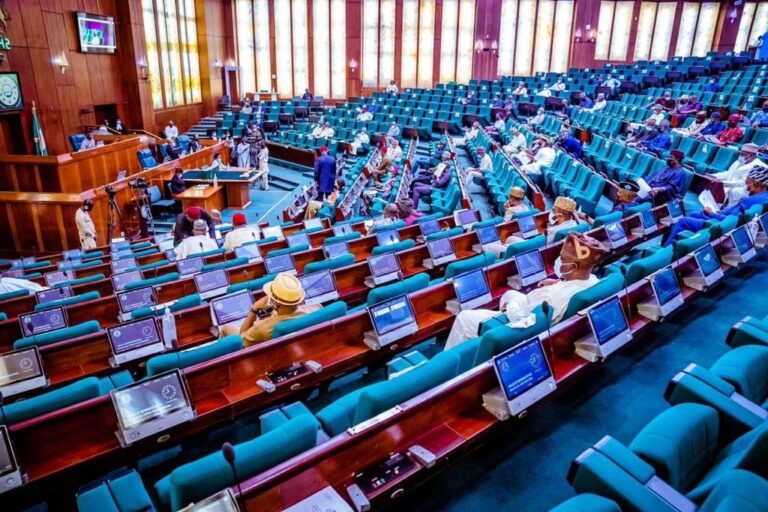The House of Representatives Committee on Constitution Review will be inaugurated as soon as the National Assembly resumes from its Christmas/New Year recess.
The committee chaired by the Deputy Speaker, Benjamin Kalu, is expected to commence work when the House reconvenes on Tuesday, January 30.
Investigation revealed that the 37-man committee comprises one representative from each of the 36 states of the federation and the Federal Capital Territory.
Speaking in confidence, an associate of Kalu said, “I can confirm to you that all is now ready for them to start their work. They have gathered relevant documents and are only waiting for the parliament to resume.
“Each state has a member and the FCT also has a representative. That makes it a 37-man body. The spread of the membership is to ensure that the exercise fulfills the requirement of inclusive participation and I believe the exercise would be worth the yearnings of Nigerians at the end of the day.”
The 1999 Constitution has been altered five times but the challenges of governance, demand for improved transparency and accountability, and restructuring of the Nigerian State, among others, have made further amendments to the nation’s extant law inevitable.
The amendments took place twice under the late President Umaru Yar’ Adua and thrice under the immediate-past President, Muhammadu Buhari.
In 2018, during the first tenure of Buhari, five constitutional alterations took place, and in 2023, while serving his second and last term, 16 new alterations were carried out in the Constitution.
Although the 9th House led by Femi Gbajabiamila recorded some strides with the passage of bills to liberate the legislature and judiciary from the grip of state governors, putting railways on the concurrent list and granting federating states powers to generate their own electricity; the 10th Assembly wasted no time in expressing its commitment to taking the constitutional amendment process a step further.
Speaking at the unveiling of the Legislative Agenda, Speaker Tajudeen Abbas said, “The 10th House will pursue constitutional reforms purposely, deliberately and expeditiously. Previous efforts at the constitution review have yielded good results; the House desires to give Nigeria a new comprehensive constitution that truly captures the sentiment, ‘we, the people…”
According to him, the process to achieve further alteration would include, “Enactment of a constitutional alteration procedure law to provide a timeline for the passage of constitution alteration bills by the National Assembly and adoption by the state Houses of Assembly; consolidate all constitutional alterations into a document in collaboration with the Nigerian Law Reform Commission; review of penal provisions in existing statutes with a view to updating fines to reflect the prevailing value of naira/kobo; and promote post-legislative scrutiny with the judiciary focusing on constitutional alterations.
Electoral Act amendment
The enactment of the Electoral Act 2022 is the biggest takeaway from the immediate-past government of Buhari. Yet, the controversy in what the law says in the transmission of votes in real time to the Independent National Electoral Commission’s viewing portal has led to intense calls for further amendments. The Abbas-led House alluded to this controversy when it pointed out in its agenda that “the 2023 general elections in Nigeria excited the most interest of Nigerians in recent times.
“It, however, suffered setbacks regarding the implementation of the recent constitutional amendments and the new Electoral Act 2022. The House will carefully examine complaints and observations made by stakeholders arising from the conduct of the 2023 general elections and amend the Electoral Act 2022 to remedy some of the gaps observed including vague and contracting provisions.”
This is an addition to the House pledge to “amend the Electoral Act 2022 to allow diaspora voting by government officials around the world.”
